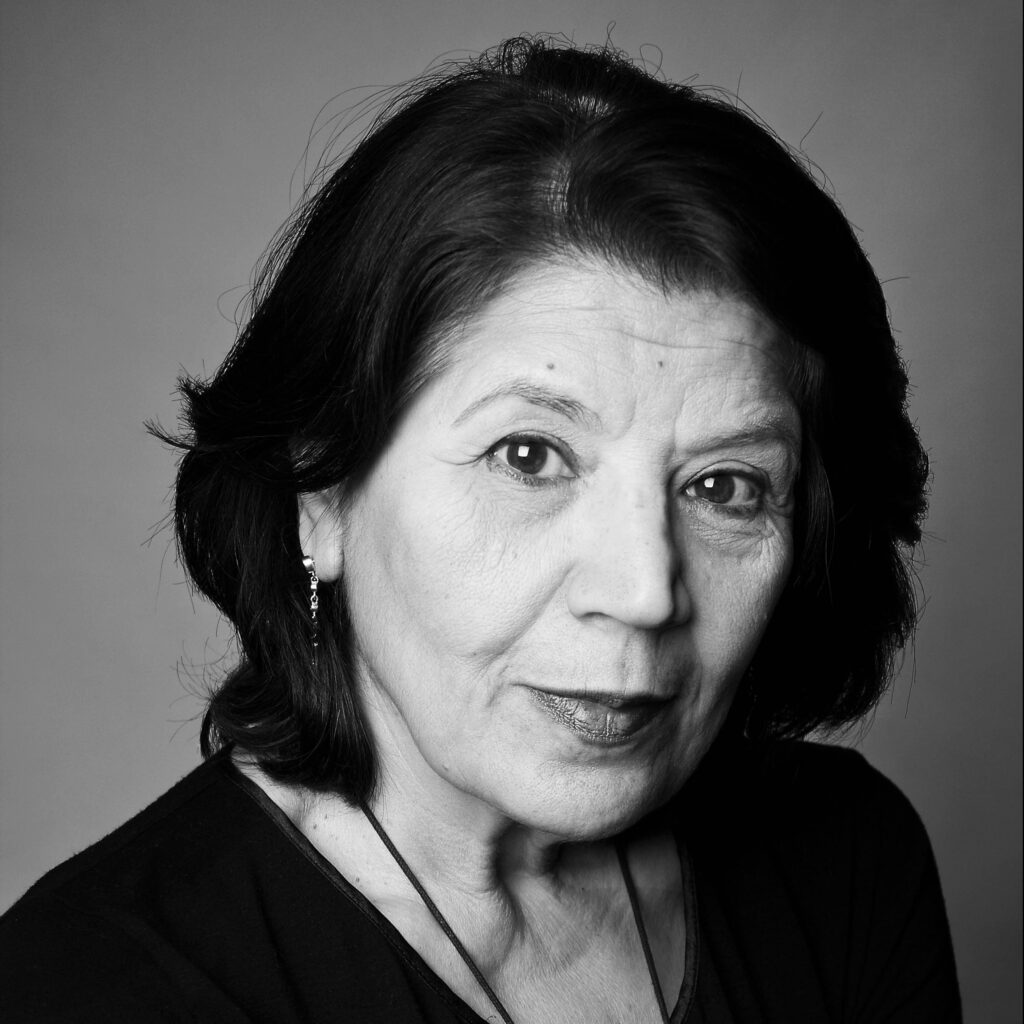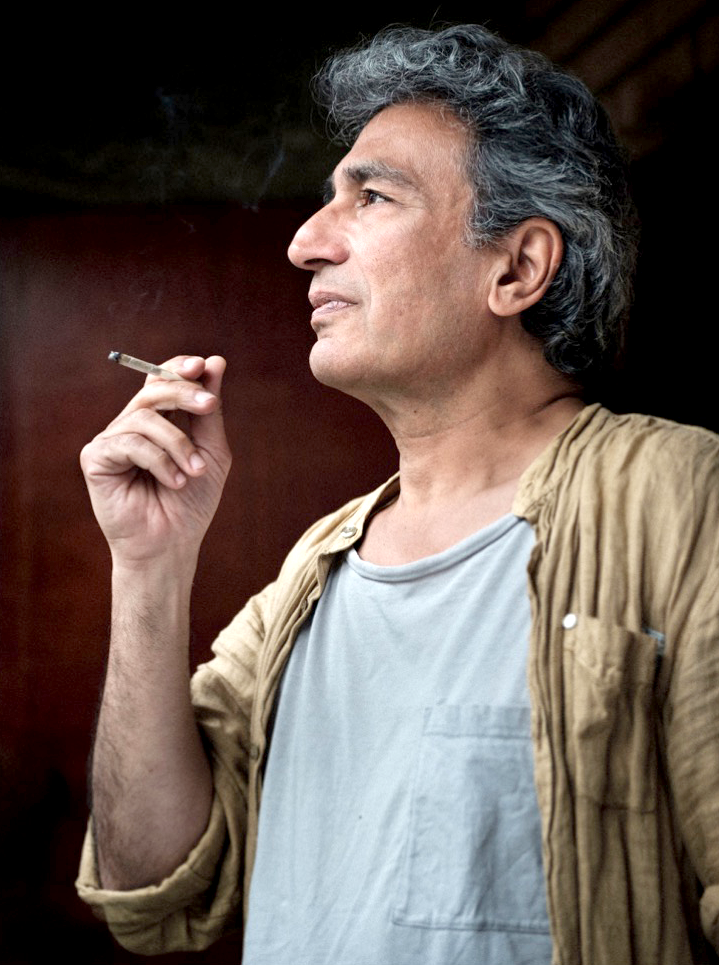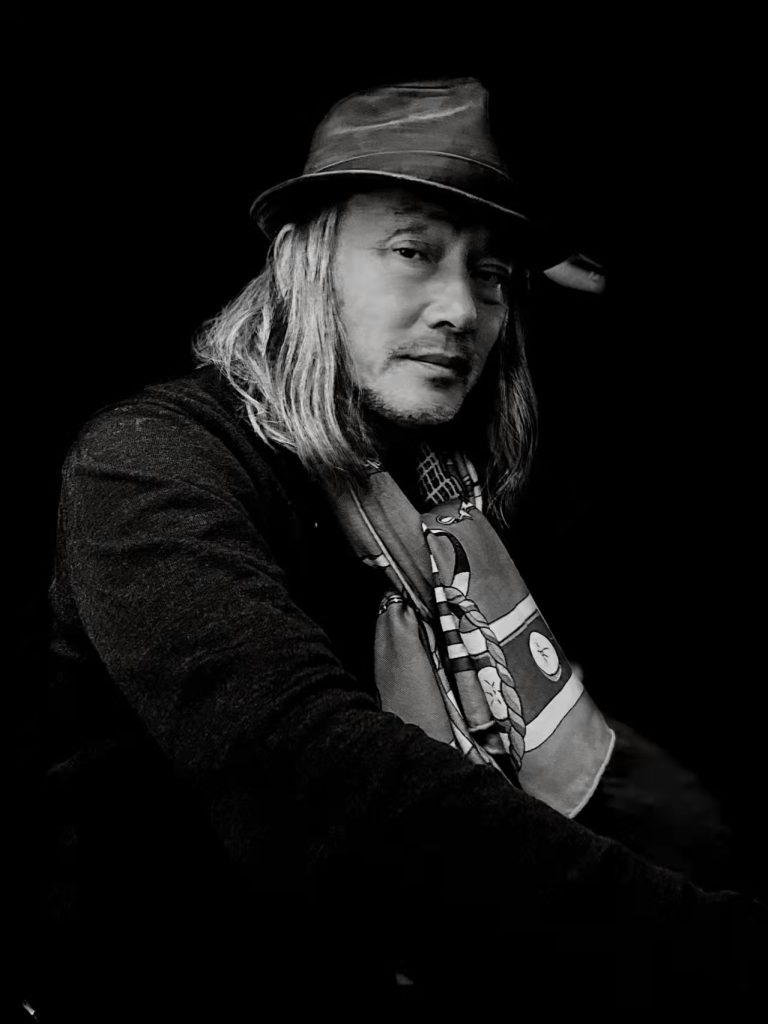Ur, Tehran and Shanghai. Cities in Iraq, Iran and China, but also the birthplace of three important Swedish poets: Jila Mossaed, Jasim Mohamed and Li Li. These poets all share that they have, in adulthood, made Sweden their home.
Språk: Swedish
Saturday 26 March 15.30
Uppsala Stadsteater
The poet, author, dramatist and chair of the Swedish Academy, Jila Mossaed had her literary breakthrough at seventeen years old, when her poetry was published in Iran’s most influential literary publication. After studying in Iran and the United States, she worked as a scriptwriter for Iranian radio and TV, but after Khomeini took power and censorship hardened, Mossaed fled to Sweden in 1986.
The first years in Sweden saw Mossaed writing only in Persian and English. She struggled to get to grips with Swedish as a language. “Swedish was not my tone, my melody. The entire atmosphere in Sweden, the cool social interactions and the intense relationship to the freezing weather- all seemed to exist within the language too. I was forced to accept Swedish words without an emotional connection”, she’s said.
Today, more than half a century after her debut in Iran, she is one of the most acclaimed Swedish poets, despite learning her first Swedish word at thirty eight years old.
In her latest poetry collection, and eighth in Swedish, Åttonde landet (2020), as well as in her previous three, Ett ljud som bara jag kan (2012), Jag föder rådjuret (2015), and Vad jag saknades här (2018), Mossaed describes the loss of identity that defines a life in exile.
In 2018, Jila Mossaed succeeded Kerstin Ekman in chair fifteen of the Swedish Academy.

Poet and translator Jasim Mohamed was born in what is considered one of the first cities, Ur in Iraq. But for the past 30 years, he has lived in Sweden. For many years he ran the renowned Bagdad Café in Tensta, a space for promoting international poetry. Mohamed debuted in 2005 in Swedish with Övningar in i ett annat språk (2005).
Jasim Mohamed is now publishing his fourth collection, Uppror mot ingen (2021). His previously published Vittnen till meningslösa händelser (2017) is a book whose fore and background is the ongoing refugee crisis. In short poems where dreamlike images are intertwined with concrete observations, Mohamed portrays human lives robbed of everything- except dignity.
The ten year old collection I din mun (2011) was named 2011’s best fiction by critics who said that “it is in the fleeting moments that Jasim Mohamed’s art manages to freeze a world which rushes forward at its own, baffling pace.”
Jasim Mohamed has also been awarded by the Swedish Academy for his translations of poetry in Swedish to Arabic. Among them Bruno K Öijers, Kjell Espmark, Hanna Hallgren, Eva Runefelt, Ann Smith och Hanna Nordenhök. He has also translated several Arabic speaking poets to Swedish as well.

Poet, translator, photographer and filmmaker Li Li was born in Shanghai 1961. He came to Sweden in 1988 as an exchange student having studied, among other subjects, Swedish at University in Beijing. When the student protests at Tiananmen square in 1989 were met with violence and tanks, Li Li decided to make Sweden his new home.
The same year he debuted in Swedish with Blick i vattnet (1989). Back then, he wrote his poems first in Mandarin and then interpreted them into Swedish. The following six collections however, Li Li wrote directly in Swedish, including his latest collection Där blicken stannar: nya dikter (2021).
Yet the collection prior to this, Ursprunget (2007) Li Li felt obliged to write first in Mandarin. He realised he was unable to conjure his childhood memories without his native tongue.
Ursprunget is the fruit of many years labour. In it he hones in on the origin of everything: the homeland and mother. The following lines capture this theme:
“I am the home you seek!
I turn off the lamp. The room
flickers, a uterus I cannot remember”
The differences within his bilingual home has been a reoccurring theme in his work. Both in his own work but also in the Chinese translations he’s done of Edith Södergran, Gunnar Ekelöf and Tomas Tranströmer. “Certain words carry different weight in Mandarin and Swedish, he says, particularly expletives and basic terminology like the word ‘mother’”, he’s said.
“A Swedish critic thought a poem about my mother in Ursprunget was too sentimental. The same poem was considered cold by Chinese critics”, says Li Li.
“I notice when something isn’t quite right when I’m writing in Swedish, and it annoys me… sometimes when I read what I’ve written I think: ‘this guy can do better, if only Swedish was his native language.’”

The three above mentioned poets: Mossaed, Mohamed and Li will be in conversation about finding “home” in a foreign language, with help of founder and project leader Kholod Saghir, also editor in chief of Swedish Pens publication PenOPP. There will also be readings from all the poets involved.
Språk: Swedish
Saturday 26 March 15.30
Uppsala Stadsteater
